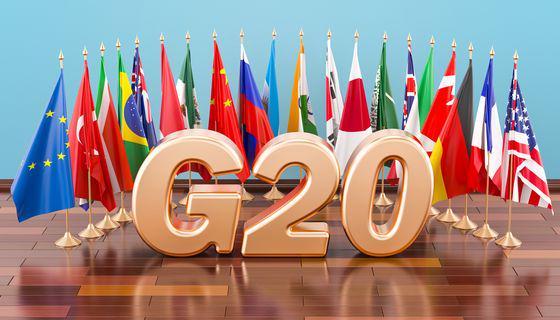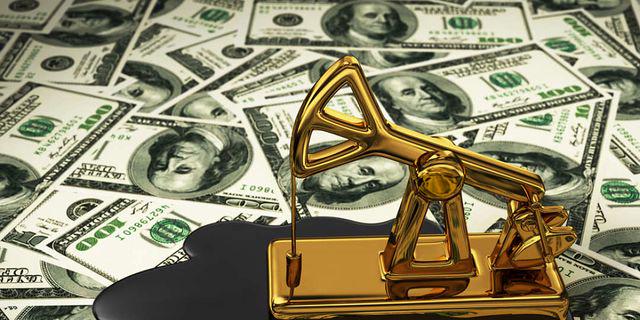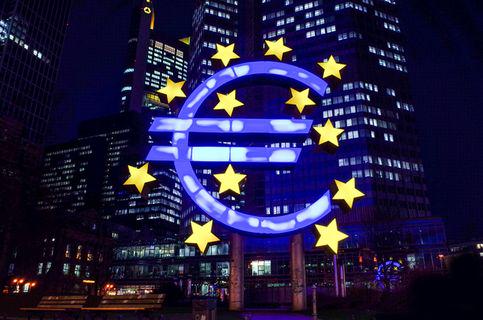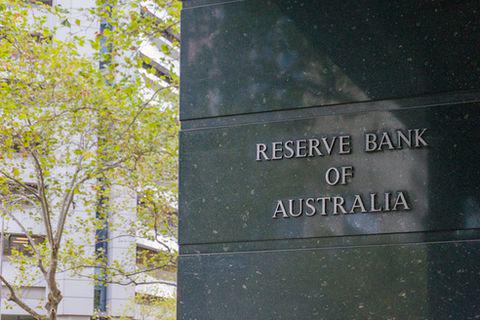
The G20 summit took place in Bali, Indonesia, on November 2022…

Don’t waste your time – keep track of how NFP affects the US dollar!
Data Collection Notice
We maintain a record of your data to run this website. By clicking the button, you agree to our Privacy Policy.

Beginner Forex Book
Your ultimate guide through the world of trading.
Check Your Inbox!
In our email, you will find the Forex 101 book. Just tap the button to get it!
Risk warning: ᏟᖴᎠs are complex instruments and come with a high risk of losing money rapidly due to leverage.
68.53% of retail investor accounts lose money when trading ᏟᖴᎠs with this provider.
You should consider whether you understand how ᏟᖴᎠs work and whether you can afford to take the high risk of losing your money.
Information is not investment advice
We have come to the second month of 2019 and it’s time to take a deep breath after the crazy run of the year, evaluate what has already happened and make some precisions on the upcoming months.
Last year appeared to be struggling for the emerging market currencies. And there were several reasons for that. Firstly, it was the aggressive pace of rate hikes by the Fed. Secondly, the escalation of the US-China trade war and slowdown in the global economic growth. Thirdly, the global risk-off sentiment. Moreover, we all remember crises in Turkey and Argentina that made traders more cautious about the emerging markets.
2019 seems shinier for the EMs. Reasons are hidden in the relief of the Fed monetary policy and the possibility of the deal between the US and China. As a result, it seems like bears started easing their grip. Does it mean that the time to invest in developing economies has come?
Where to invest and why?
1. Brazilian Real?
The Brazilian currency may become one of the most attractive ones in 2019.
Last year, the Brazilian market was under the pressure of the global market sentiment and the presidential elections. However, all these factors seem to start vanishing in 2019. There are no doubts the Federal Reserve will ease its monetary policy. Trade disputes between the US and China have started improving. There are no proves that they won’t escalate in the future again but the melting confrontation is already a good sign. Also, experts see a policy of Mr. Bolsonaro (elected in 2018) as a booster for the Brazilian economy. The pension reform is anticipated to become one of the main drivers. Experts believe that the policy of the pro-business president could contribute to the faster GDP growth and investment flows in Brazil.
2. Mexican Peso?
Mexica has a similar situation to Brazil. Last year the country elected a new president. This year will show whether the new political force will encourage the economic growth or pull it down. Uncertainties around the policy of the new president will add pressure on the currency, but as soon as the new government confirms its reliability, investment flows will come to the country.
3. Turkish lira?
2018 appeared to be the hard year for Turkey and its economy. Disputes with the US, problems with the monetary policy made the Turkish lira depreciate by around 30%.
Up to now, economic data are not encouraging. However, there is a chance. On its last meeting, the central bank decreased its 2019 inflation forecast by 0.6% to 14.6%. Moreover, the central bank promised to not cut the interest rate until there is an improvement in the inflation level.
It’s early to talk about the strong recovery of the Turkish currency, but it’s worth following the economic releases.
What investments to avoid?
Although most of the factors signal the recovery of the EMs, it doesn’t mean that all currencies will appreciate. Risks for some currencies still exist.
1. Possible stones for the South African Rand.
The first thing that may affect the currency is the continuation of the slowdown in the Chinese growth. China is the close partner of South Africa. As a result, the suffering Chinese economy may put downward pressure on the South African one.
The second factor is the possible credit downgrade. And this factor is highly connected with another one - May elections. Elections always create high volatility in the domestic market. Moreover, the results of the elections will affect the economy in general. The pace the elected government committed to will affect the future of the country. Analysts say that it’s unlikely Moody’s will cut the ratings before the elections but the further slowdown of the South African economy and the risks of the further fiscal slippage may push the agency to do that to the end of the year.
Making a conclusion, we can say that there are good opportunities for emerging markets to recover. However, not all EM currencies have the same chances to appreciate. But it doesn’t mean that you shouldn’t trade them. You should always remember that Forex gives you an opportunity to boost your profit both on the rise and the fall of the currency.

The G20 summit took place in Bali, Indonesia, on November 2022…

The deafening news shocked the whole world yesterday: the British Queen Elizabeth II died peacefully at the age of 96…

After months of pressure from the White House, Saudi Arabia relented and agreed with other OPEC+ members to increase production.

eurusd-is-falling-what-to-expect-from-the-future-price-movement

Greetings, fellow forex traders! Exciting news for those with an eye on the Australian market - the upcoming interest rate decision could be good news for Aussies looking to refinance or take out new loans. The Mortgage and Finance Association Australia CEO, Anja Pannek, has...

Hold onto your hats, folks! The Japanese yen took a nosedive after the Bank of Japan (BOJ) left its ultra-loose policy settings unchanged, including its closely watched yield curve control (YCC) policy. But wait, there's more! The BOJ also removed its forward guidance, which had previously pledged to keep interest rates at current or lower levels. So, what's the scoop? Market expectations had been subdued going into the meeting, but some were still hoping for tweaks to the forward guidance to prepare for an eventual exit from the bank's massive stimulus
Your request is accepted.
We will call you at the time interval that you chose
Next callback request for this phone number will be available in 00:30:00
If you have an urgent issue please contact us via
Live chat
Internal error. Please try again later